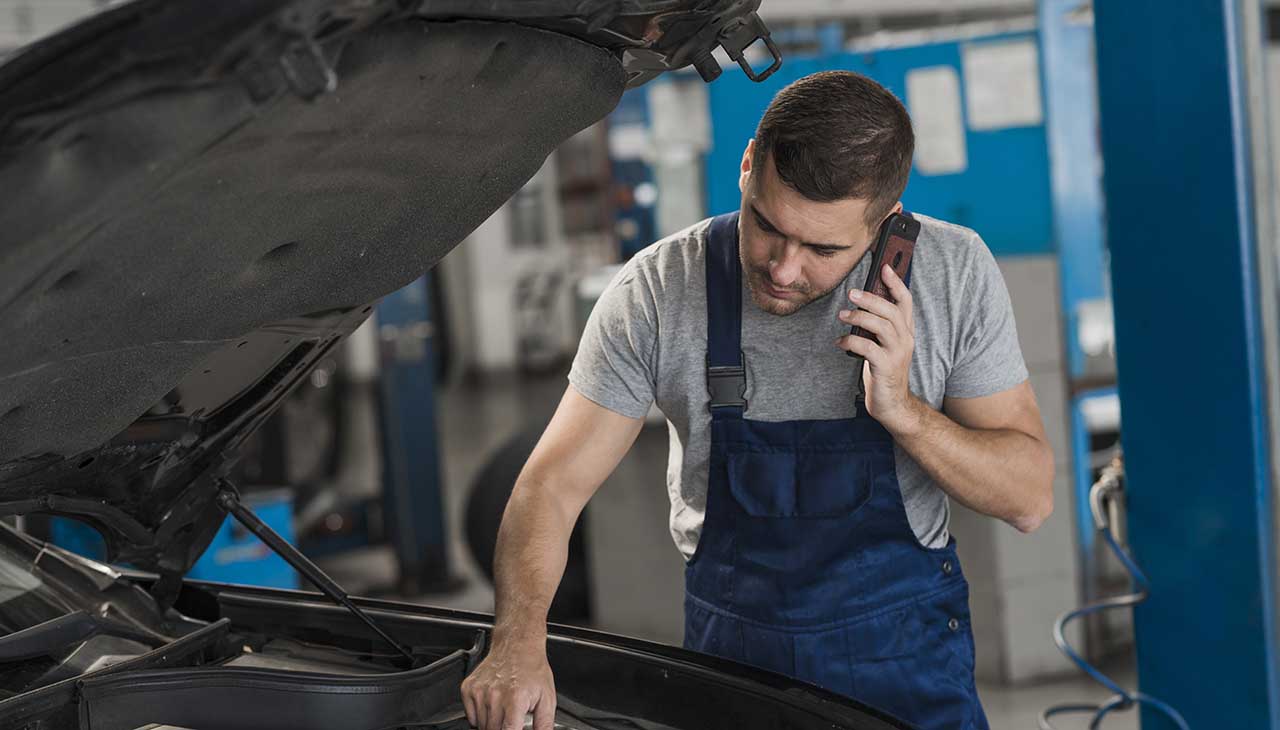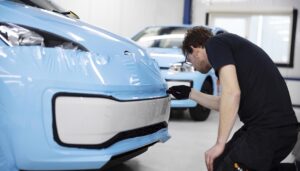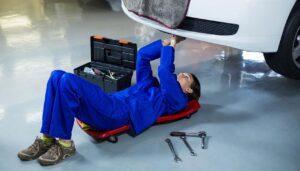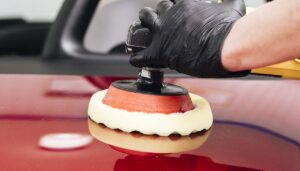
Owning a car brings immense freedom and convenience, but it also comes with a responsibility—keeping up with maintenance. Neglecting your vehicle’s upkeep can lead to costly auto body repairs that could have been easily avoided. This blog post aims to provide car owners, DIY enthusiasts, and vehicle maintenance seekers with essential preventative maintenance tips. These insights will not only save you money but also extend the lifespan of your vehicle.
Importance of Preventative Maintenance
Preventative maintenance is akin to a health check-up for your car. Just as regular medical check-ups can catch potential health issues early, the same principle applies to your vehicle. By taking a proactive approach to car care, you can avoid expensive repairs and keep your car running smoothly for years.
Preventative maintenance covers a wide range of activities, from simple inspections to more involved procedures. The goal is to address minor issues before they escalate into significant problems. For example, a small scratch left untreated can lead to rust, which in turn can compromise the structural integrity of your car.
The benefits of preventative maintenance are clear. Not only does it save you money by avoiding hefty repair bills, but it also ensures your car remains reliable. Regular maintenance can even improve your vehicle’s resale value, making it a wise investment in the long run.
Understanding Preventative Maintenance
Preventative maintenance involves routine actions aimed at preventing problems before they occur. This can include regular oil changes, tire rotations, brake inspections, and more. The idea is to keep your vehicle in optimal condition.
Regular inspections are a crucial part of preventative maintenance. By checking components like the engine, brakes, and suspension, you can identify potential issues early. Scheduled maintenance services, often outlined in your vehicle’s owner manual, provide a roadmap for these inspections.
Examples of preventative maintenance tasks include topping off fluids, replacing worn-out parts, and keeping an eye on tire pressure. These might seem like minor tasks, but they collectively contribute to the overall health of your car.
Common Auto Body Issues and Their Causes
Auto body issues are a common concern for many car owners. Dents, scratches, and rust are among the most frequent problems. These issues not only affect the appearance of your vehicle but can also lead to more serious damage if left unchecked.
Dents are often caused by minor accidents, such as bumping into another car or a stationary object. Scratches can occur from various sources, including tree branches, shopping carts, and even vandalism. Rust, on the other hand, is usually the result of prolonged exposure to moisture and salt, especially in regions with harsh winters.
Neglecting preventative maintenance can exacerbate these issues. For instance, a small scratch can quickly turn into rust if not treated promptly. Similarly, failing to address minor dents can weaken the metal, making it more susceptible to further damage.
Preventative Maintenance Tips
Regular Cleaning and Waxing
One of the simplest yet most effective ways to protect your car’s paint is through regular cleaning and waxing. Dirt, grime, and bird droppings can damage the paint if left unattended. Washing your car regularly removes these contaminants, while waxing adds an extra layer of protection.
Repairing Scratches and Dents Immediately
Small scratches and dents might seem insignificant, but they can lead to bigger problems down the road. Using touch-up paint for minor scratches and consulting a professional for larger dents can prevent these issues from worsening.
Rust Prevention
Rust is a car’s worst enemy. Applying undercoating and using rust inhibitors can provide a shield against moisture and salt. Inspecting your car regularly for signs of rust and addressing them promptly can save you from costly repairs.
Safe Driving Practices
Maintaining a safe distance from other vehicles can minimize the risk of impacts that cause dents and scratches. Avoid parking too close to other cars, and be cautious in crowded areas to reduce the likelihood of minor accidents.
The Cost of Neglect
Neglecting preventative maintenance can lead to significant financial consequences. For example, ignoring a small rust spot can result in extensive corrosion, requiring expensive repairs. Similarly, failing to address minor dents promptly can lead to more severe damage that affects your car’s structural integrity.
A study showed that the cost of regular maintenance is substantially lower than the cost of major repairs. For instance, spending a few hundred dollars annually on maintenance can prevent repairs costing thousands of dollars.
Real-life examples highlight the financial impact of neglect. One car owner ignored a small leak, leading to engine failure that cost over $5,000 to repair. In contrast, the cost of fixing the leak early would have been just a few hundred dollars.
DIY Maintenance versus Professional Services
What You Can Do Yourself
Many maintenance tasks can be handled by car owners themselves. These include washing and waxing the car, checking tire pressure, and topping off fluids. DIY enthusiasts can also handle minor repairs like changing the oil or replacing windshield wipers.
When to Seek Professional Help
However, some tasks are best left to professionals. These include complex repairs that require specialized tools and expertise, such as fixing major dents, addressing extensive rust, and performing detailed engine diagnostics. Professional auto body shops have the experience and equipment to handle these issues effectively.
Consulting a professional for more complicated maintenance tasks ensures the job is done correctly, saving you time and potentially avoiding costly mistakes. Building a relationship with a trusted auto body shop can provide peace of mind knowing your car is in good hands.
Conclusion
Preventative maintenance is essential for every car owner. By taking a proactive approach to car care, you can avoid costly auto body repairs, extend the lifespan of your vehicle, and maintain its value. Regular cleaning, quick repairs, rust prevention, and safe driving practices are key components of an effective maintenance routine.
Don’t wait for problems to arise—take action now to keep your car in top condition. Whether you prefer DIY tasks or professional services, the important thing is to stay on top of maintenance. Share these tips with fellow car owners and encourage them to adopt a preventative maintenance mindset. Your car—and your wallet—will thank you.






